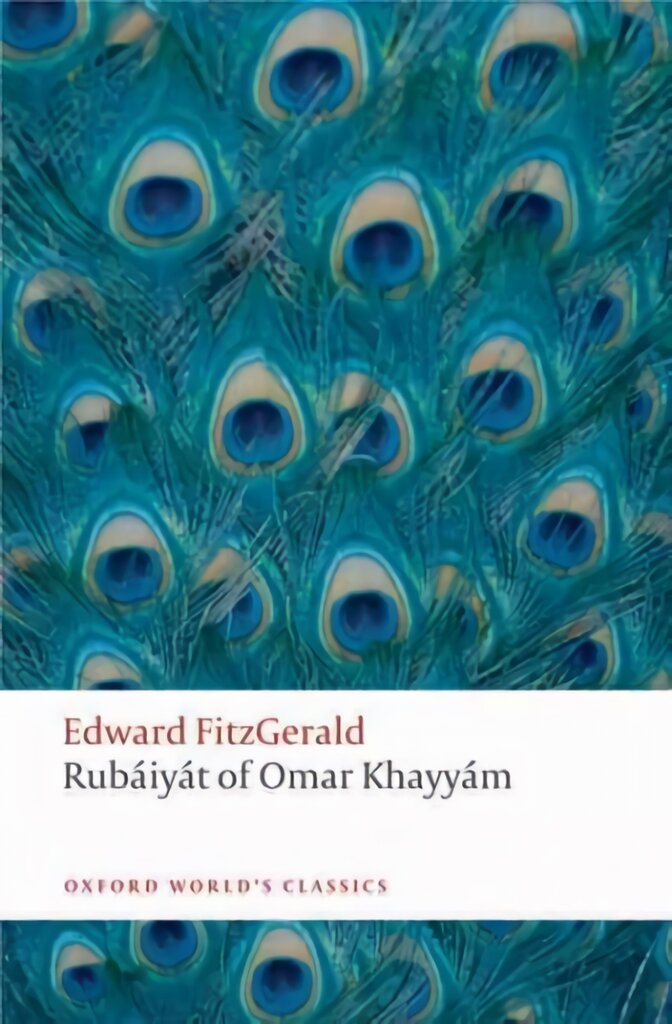`The Moving Finger writes; and, having writ, Moves on: nor all thy Piety nor Wit Shall lure it back to cancel half a Line, Nor all thy Tears wash out a Word of it.'In the `rubaiyat' (short epigrammatic poems) of the medieval Persian poet, mathematician, and philosopher Omar Khayyam, Edward FitzGerald saw an unflinching challenge to the illusions and consolations of mankind in every age. His version of Omar is neither a translation nor an independent poem; sceptical of divine providence and insistent on the pleasure of the passing moment, its `Orientalism' offers FitzGerald a powerful and distinctive voice, in whose accents a whole Victorian generation comes to life. Although the poem's vision is bleak, it is conveyed in some of the most beautiful and haunting images in English poetry---and some of the sharpest-edged. The poem sold no copies at all on its first appearance in 1859, yet when it was `discovered' two years later its first admirers included Dante Gabriel Rossetti, Swinburne, and Ruskin. Daniel Karlin's richly annotated edition does justice to the scope and complexity of FitzGerald's lyrical meditation on `human death and fate'.
In 1859, Edward FitzGerald translated into English the short, epigrammatic poems (or "rubaiyat") of medieval Persian poet Omar Khayyam. If not a true translation--his Omar seems to have read Shakespeare and the King James Bible--the poem nevertheless conveyed some of the most beautiful and haunting images in English poetry, and some of the sharpest-edged. By the end of the century, it was one of the best-known poems in the English language, admired by Swinburne and Ruskin. Daniel Karlin's richly annotated edition focuses on the poem as a work of Victorian literary art, doing justice to the scope and complexity of FitzGerald's lyrical meditation on "human death and fate." Karlin provides a fascinating critical introduction which documents the poem's treatment of its Persian sources, along with its multiple affiliations with English and Classical literature and to the Bible. A selection of contemporary reviews offers an insight into the poem's early reception, including the first attack on its status as a translation.
